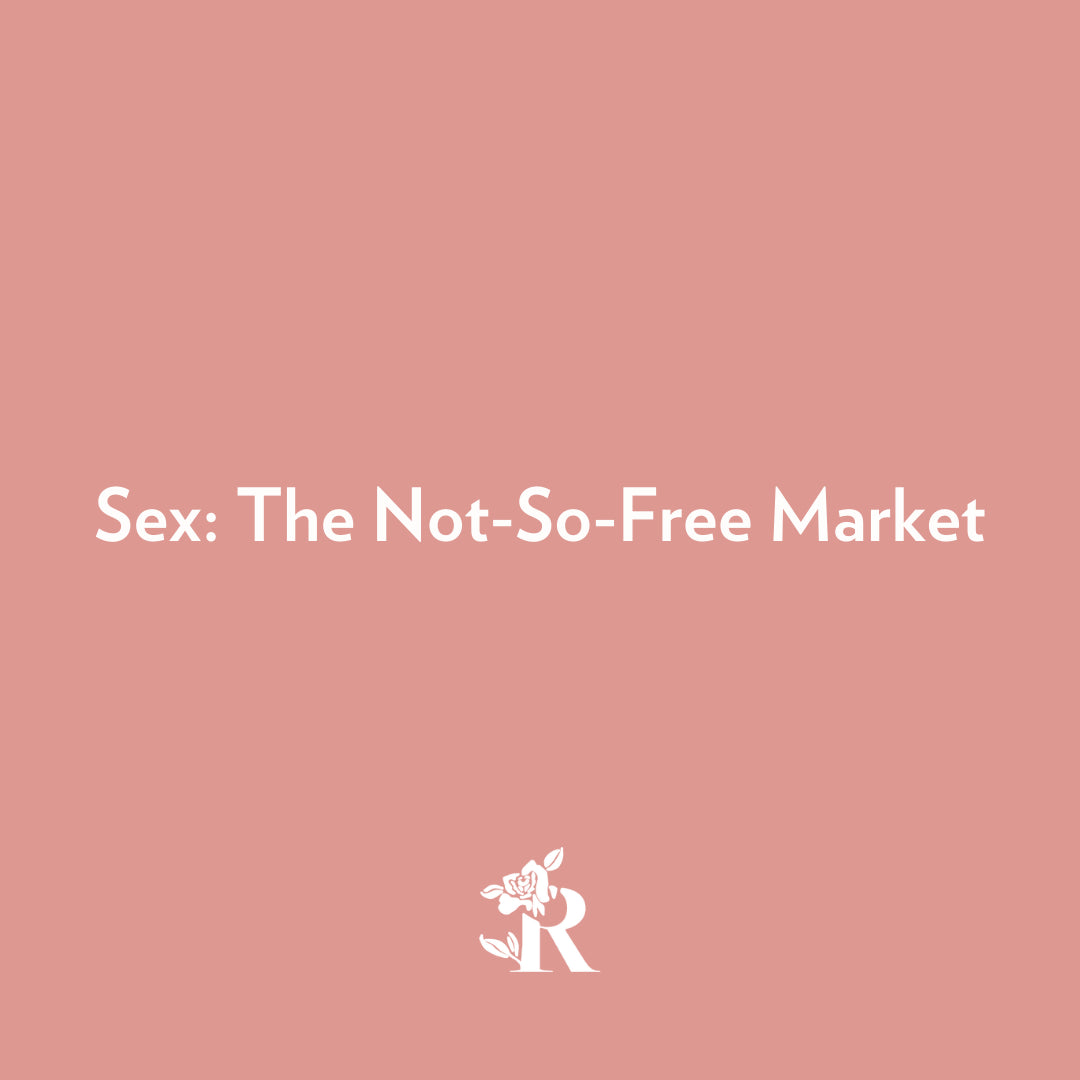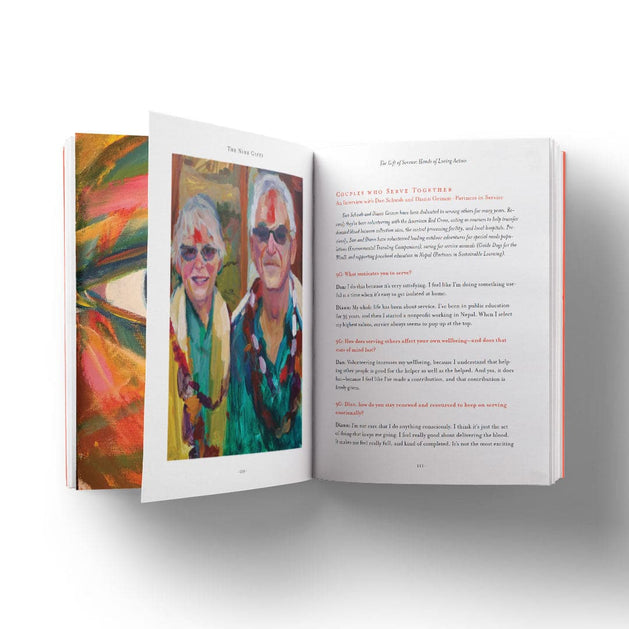Sex: The Not-So-Free Market

Sugaring (as in Sugar Babies, Sugar Daddies and Sugar Mommas), Gold Digging, Marriages of Convenience: Sex is sometimes a transactional medium, leading to fuzzy boundaries, trouble and confusion.
Interpersonal scripts that offer sex in return for material reward are being run across the globe. In the US, there are entire sites devoted to people seeking “arrangements” rather than love: “I want a companion, and in exchange I’ll pay your tuition.” “I want a great lover, and in exchange I will take you to the best parties.” Mistresses and kept women (or kept men) have appeared, throughout literature and history, for centuries. Some marriages are set up this way even today: They are convenient or transactional, and designed to serve families, local politics, and/or the greater good. In places where women have few avenues to security, social standing, or power, marrying into wealth remains to this day a viable strategy. It wasn’t so long ago when mothers told their daughters, ”It’s just as easy to love a rich man as a poor man.” Or, admonished their girls to abstain from pre-marital sex with the now unbelievable phrase, “Why buy the cow, when the milk is free?”
Practicality aside, we in the developed world (and in the United States more than other countries) publicly disdain this equation, while still engaging in it privately. It’s so crass, so dependent, so unromantic. And more than that, some part of us knows that it is fraught with inauthenticity, and the potential for abuse. Why? Because the relatively benign scenarios above reinforce the idea that sex remains, essentially, a transaction.
At the lower end of the socioeconomic strata, though, such transactional scenarios can become exploitative, even deadly. Women, and young people of both genders, are trafficked for sex—in part because prostitution isn’t considered a serious crime in the mind of mainstream culture, and in part because poor women are largely anonymous, and aren’t considered worthy of respect. Powerful figures who engage prostitutes or abuse women are, for the most part, let off with a wink and a nod. Even if they do commit actual crimes, society very often looks the other way (and even elects perpetrators to office!).
Some feminist schools of thought assert that legalizing prostitution and (non-pedophile) pornography puts power back into the hands of women: finally they themselves, not their agents, are the beneficiaries of the sexual economy. But, it’s a complex subject. Of course, women should claim power over their own bodies—whether the choice is prostitution, celibacy, traditional householder, sex-positive, bi-, poly, queer, whatever. But for me, it’s not a question of what we do with our bodies, which is an individual liberty, it’s a question of whether or not our own intention is being served, or whether it serves someone else’s agenda. Sometimes our own motivations are buried in layers of culture and habitual beliefs that are hard to parse out. Even if we can’t answer all of these questions, we can certainly raise them.
In addition, each of us might take a good, long look at the places where we are buying into transactional intimacy—from porn and prostitution to sex in exchange for dinner and a movie. Women have a lot more to offer than sex, yet to many men, that’s where the interest begins and ends: Women are vessels to be used, not human beings in full. Some men, meanwhile, are seen simply as sources of security, and their full human potential is also ignored.
Maybe this sort of behavior once served evolution. But we don’t need it now. We need consciousness in the sexual realm, as in all the others. Now is the time to pay exquisite attention to our motivations. To stand on our own, both economically and psycho-emotionally, and let the gift of our intimacy be a mutual blessing, not a transaction.



























